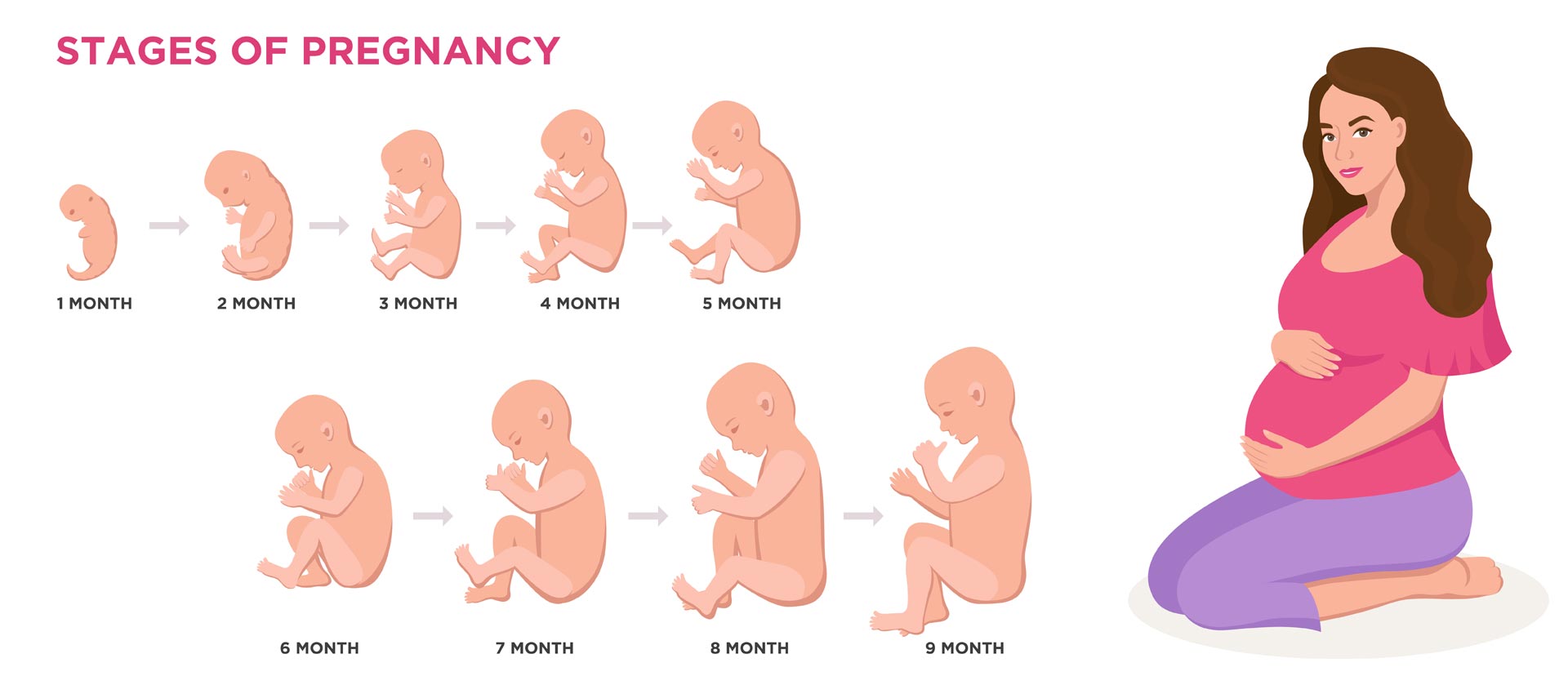
Table of Contents
Weeks 1-4: The Newborn Stage
Congratulations on your new arrival! During their first few weeks, your baby will spend most of their time sleeping and feeding. They will be able to recognize your voice and smell, and may start to focus on objects up to a foot away. Don’t worry if they don’t seem to be doing much yet – they’re just getting used to the world!
Weeks 5-8: The Wriggly Stage
Around this time, your baby will start to become more active. They may start to lift their head while lying on their tummy, and will be able to follow moving objects with their eyes. You may notice them grasping objects placed in their hand, and they may even start to smile at you!
Weeks 9-12: The Social Stage
Your baby is becoming more sociable now, and will enjoy interacting with you and other familiar faces. They may start to babble and make cooing noises, and will be able to turn their head towards sounds. You may notice them starting to reach for objects with purpose, and they may even start to roll over!
Weeks 13-16: The Curious Stage
Your baby is becoming more curious about the world around them, and will love exploring their environment. They may start to sit up with support, and will be able to track moving objects with their eyes. You may notice them reaching for objects more purposefully, and they may even start to cut their first tooth!
Weeks 17-20: The Chatty Stage
Your baby’s language skills are really starting to develop now, and they will love babbling and making different sounds. They may also start to laugh and giggle, and will enjoy playing with toys that make noise. You may notice them starting to roll over from tummy to back, and they may even start to reach for objects with one hand.
Weeks 21-24: The Mobile Stage
Your baby is becoming more mobile now, and will love exploring their environment on their own two feet. They may start to crawl, and will be able to sit up unaided for short periods of time. You may notice them starting to develop a preference for certain toys or objects, and they may even start to say their first word!
Weeks 25-28: The Independent Stage
Your baby is becoming more independent now, and will enjoy playing on their own for short periods of time. They may start to pull themselves up to stand, and will be able to feed themselves finger foods. You may notice them starting to develop their own personality and preferences, and they may even start to wave goodbye!
Weeks 29-32: The Active Stage
Your baby is becoming more active now, and will enjoy playing and exploring their environment. They may start to walk with support, and will be able to drink from a cup with help. You may notice them starting to understand simple instructions, and they may even start to become more aware of other children around them.
Weeks 33-36: The Communicative Stage
Your baby’s language skills are really starting to develop now, and they will be able to understand simple words and phrases. They may also start to use simple words themselves, and will enjoy singing and dancing to music. You may notice them becoming more aware of their own body, and they may even start to climb!
Weeks 37-40: The Toddler Stage
Congratulations, you now have a toddler! Your little one is becoming more independent and confident every day, and will love exploring their environment. They may start to walk unaided, and will be able to feed themselves with a spoon. You may notice them starting to imitate your actions and words, and they may even start to play with other children.
Watching your baby grow and develop is an amazing experience, and each stage brings new challenges and joys. Remember to enjoy every moment, and don’t worry if your baby doesn’t seem to be developing at the same rate as others – every child is unique and will develop in their own time.
Frequently Asked Questions
Q: What should I do if I’m worried about my baby’s development?
If you’re concerned about your baby’s development, speak to your doctor or health visitor. They will be able to carry out a developmental assessment and offer advice and support.
Q: How can I encourage my baby’s development?
There are lots of things you can do to encourage your baby’s development, such as playing with them, talking to them, and providing lots of stimulating toys and activities. Remember to be patient and let your baby develop at their own pace.
Q: Should I be worried if my baby doesn’t reach milestones at the same time as other babies?
No – every baby is unique and will develop in their own time. Don’t compare your baby to others, and remember that developmental milestones are just a rough guide.
Q: Is it normal for my baby to have periods where they seem to regress in their development?
Yes – it’s normal for babies to have periods where they seem to go backwards in their development. This can be due to a variety of factors, such as teething or illness. Just be patient and continue to offer lots of love and support.
Q: What should I do if I’m struggling to cope with my baby’s development?
If you’re finding it difficult to cope with your baby’s development, speak to your doctor or health visitor. They will be able to offer advice and support, and may refer you to a specialist if necessary.
